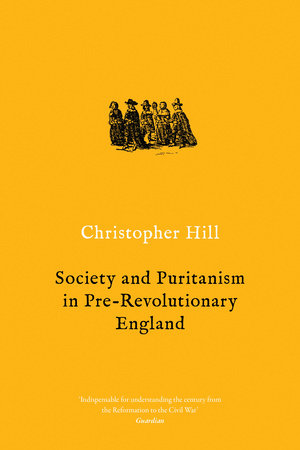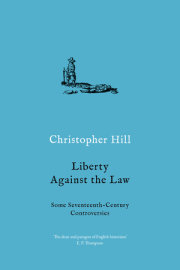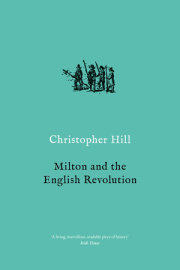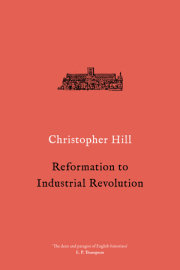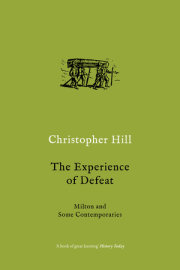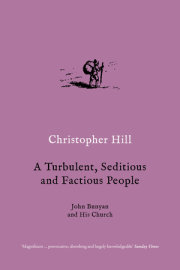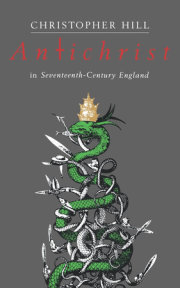Holiday Cheer, Perfectly Gifted 🎁
The holidays are here, and our specialty retail sales team can’t wait to help you find the best gifts for your customers so you can sleigh the season! From blockbuster celebrity books to charming stocking stuffers to festive gift bags from Out of Print, PRH Retail has everything you need to curate a custom assortment





